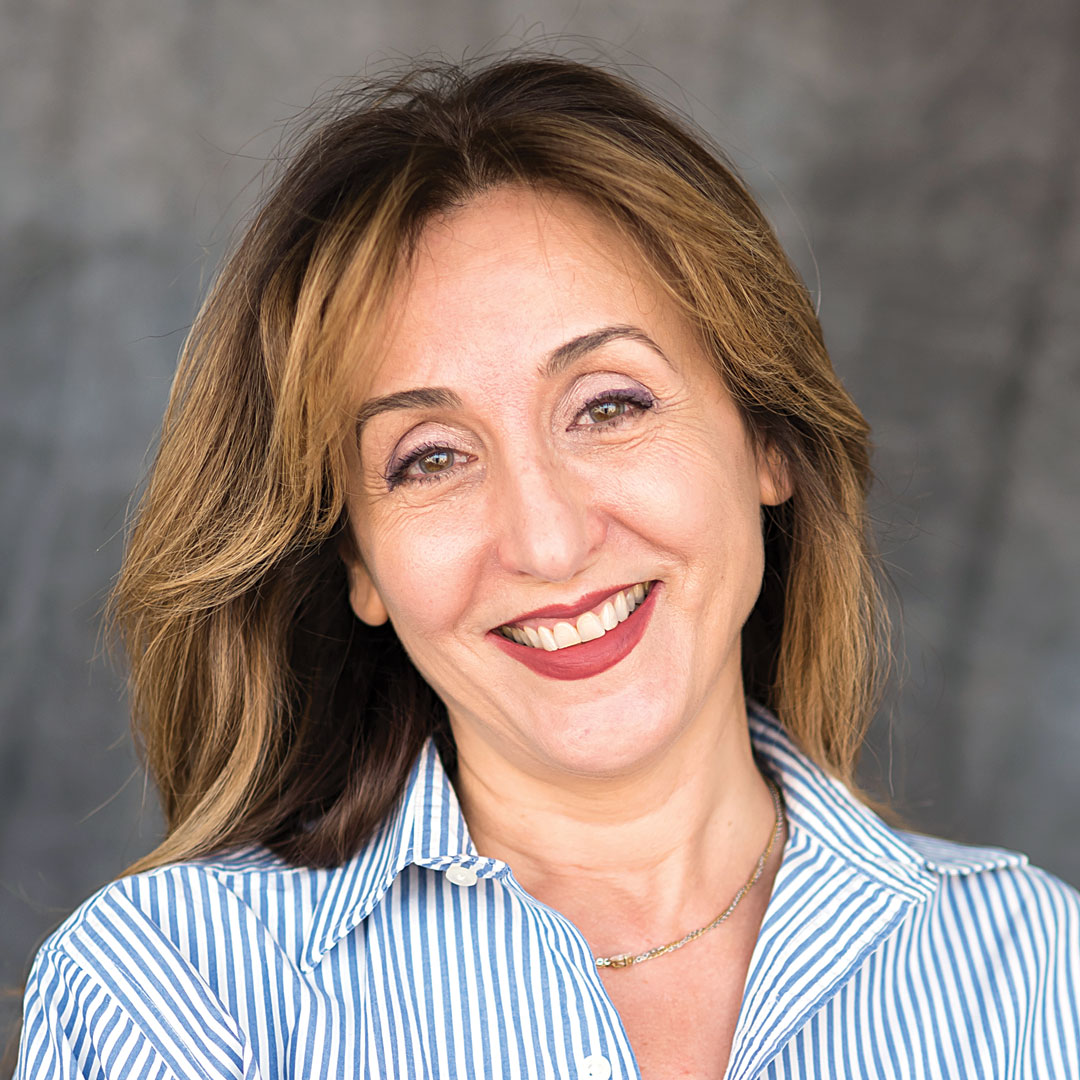Elegy for a Dream
The Shah of Iran symbolized, with his youth and his seemingly limitless future, the power and grandeur that, we believed, would one day be his — he symbolized for us a life of possibilities, such as we hadn\’t known for centuries.

The Shah of Iran symbolized, with his youth and his seemingly limitless future, the power and grandeur that, we believed, would one day be his — he symbolized for us a life of possibilities, such as we hadn\’t known for centuries.
Somehow, this most blatant form of self-promotion, this venue that, until a couple of hours ago, had looked to me like a literary meat market, has suddenly reminded me of the reason I started writing in the first place: to tell a good story; a story about Jews; a story that in its own small way continues the tale of this people who have had to struggle, in every generation, to ensure that their story doesn\’t end.
I\’m not feeding the homeless, or doing a beach cleanup, or raising money for Hadassah and ORT and the Israel Defense Forces. I\’m here because my youngest son, who is 14 years old and in eighth grade, is playing goalie on a lacrosse team for his school.
When Eric R. Kandel says that this award means as much to him as the Nobel, a chuckle rises from the audience and quickly spills into applause. But Kandel isn\’t joking. \”I\’ve been asking myself,\” he says, \”what the difference is between being here and being in Stockholm.\” Again, there\’s laughter from the audience.
I\’m thinking of the Southern accent, the country-club attitude, the ship-captain husband, trying to figure out how any of that fits in with a story about a family from the Jewish ghetto of Esfahan. \”She might have told me,\” I confess. \”I didn\’t listen because it didn\’t make sense.\”
When I first started writing, I sat with Khanum for hours at a time, asking questions. I was 21 and on leave of absence from law school. I had no idea what I was going to do with my life, but I knew some stories from Iran, and had begun to write them. They were scattered pieces of people\’s lives, bits of conversations I had overheard through the years, rumors that had been whispered too many times and taken on a reality that may or may not have been deserved.
Salman Rushdie is at Disney Hall, addressing a near-capacity audience as part of the Music Center\’s 2006 Speaker Series. He has come this March 1 evening to talk about politics and art, truth and tyranny, free and forbidden speech. He has come, also, to promote his newest book.
In his introduction to Esther\’s Children,\” (Jewish Publication Society, $110) editor Houman Sarshar speaks of a time when, at 6 years old and about to start elementary school, he discovered his legacy as an Iranian Jew. Over breakfast in their apartment in Tehran, Houman\’s father, a top planning commissioner in the Shah\’s Iran, notices the Star of David pendant — a recent gift from a grandmother — hanging from his son\’s neck. He reaches over and slips the necklace under Houman\’s shirt.
\”If anyone in school asks about your religion,\” he instructs his son, \”lie. Tell them you\’re Muslim.\”
I\’m 11-years-old, my world a patchwork of mixed identities and conflicting beliefs, my eyes searching for a horizon I cannot yet see but that I follow almost by instinct. It\’s August in New York — a long and gray stretch of humidity and noise, people speaking to me in an accent I cannot understand, streets choked with traffic, shops overflowing with merchandise, buildings that block out the sun and cast permanent shadows upon the city. It\’s the first of many visits I\’ll make with my family to America, a small and tentative step along a journey that has begun long ago in my parents\’ hearts.
 More news and opinions than at a Shabbat dinner, right in your inbox.
More news and opinions than at a Shabbat dinner, right in your inbox.